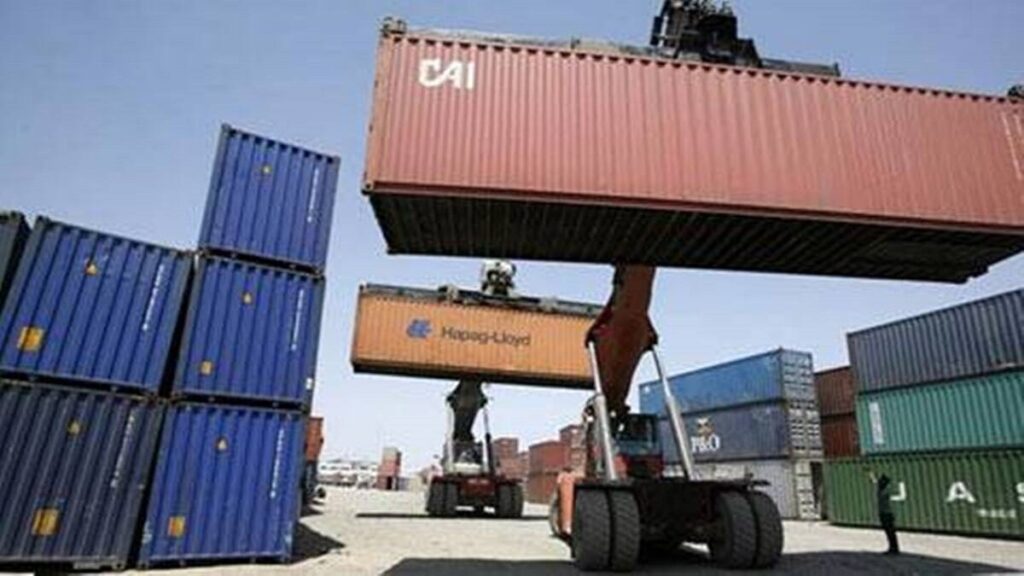The Reserve Bank of India's draft new export and import regulations, which seek to address day-to-day issues faced by exporters in sourcing and shipping goods by giving banks greater flexibility in dealing with payment issues, are “highly positive for exporters”, traders said.
Ajay Sahai, director general and CEO, Federation of Indian Export Organisations (FIEO), said the draft Foreign Exchange Management (Export and Import of Goods and Services) Rules, 2024 and notifications to banks authorised for foreign exchange transactions will also bring about administrative simplification by replacing 61 export-related and 62 import-related notifications.
Sandeep Jhunjhunwala, partner at Nangia Andersen, said the proposed rules will consolidate import and export regulations into a single unified code. Currently, there are separate regulations for exports and imports. “Under the proposed rules, not only software but also other services exports such as 'consultancy' will become part of the import-export regulations,” Jhunjhunwala said.

Exporters must declare the value of goods shipped to their Authorized Dealer Bank and ensure that full payment for shipments is received and updated in their records.
Currently, exporters can only reduce their export value by up to 25% through banks, even if their export goods earn less.
Sahai said this will be a great help to merchandise and e-commerce exporters. In e-commerce exports, selling prices fluctuate very fast anyway and the same is true for merchandise. This flexibility will help exporters avoid the 'Caution List'. Exporters can be placed on the 'Caution List' if they do not repatriate the full amount due for shipment within 24 months. After being placed on the 'Caution List', exporters can only sell abroad if they receive full advance payment or an irrevocable letter of credit.
The RBI circular also provides relief to exporters engaged in commercial trade.
Brokerage, also known as intermediary trade, is a trading model whereby Indian companies purchase goods from foreign suppliers and sell them to foreign buyers without the goods travelling in or out of India.
The RBI also directed banks to provide due notice to exporters and provide them an opportunity to express their views before they are placed on the “watch list”.
Prior to 2020, if export payments were delayed for more than 24 months, a caution list was prepared by the RBI and was automatically created by the computer system if the payment was not reflected in the goods shipped.This task was later handed over to authorised dealers as sometimes banks did not update their payment receipts on time and the RBI's system would automatically create 'attention lists'.


